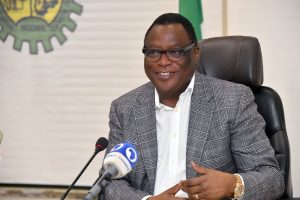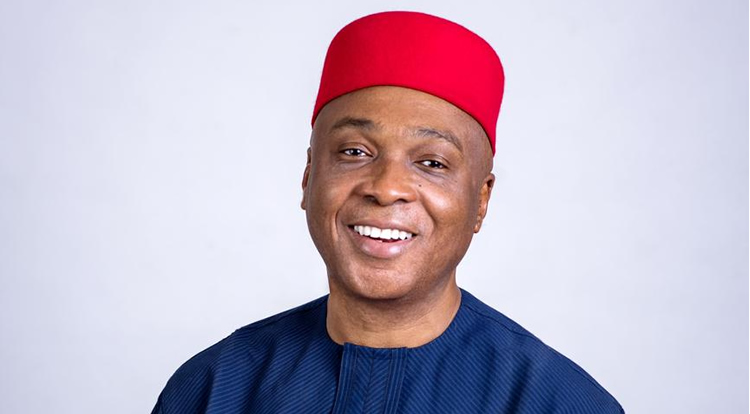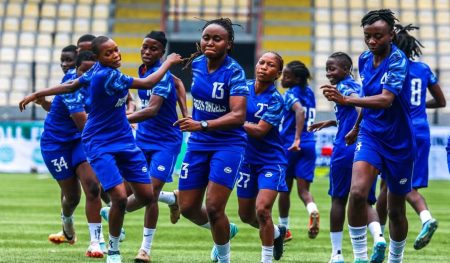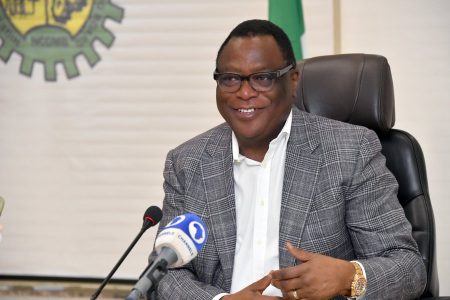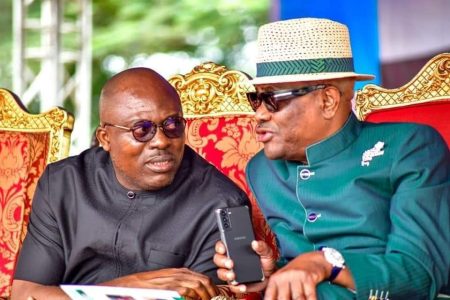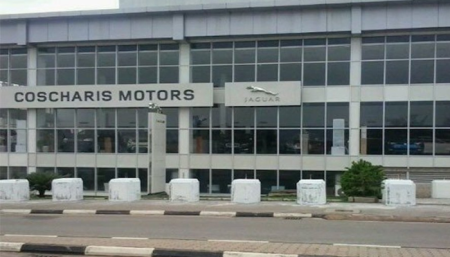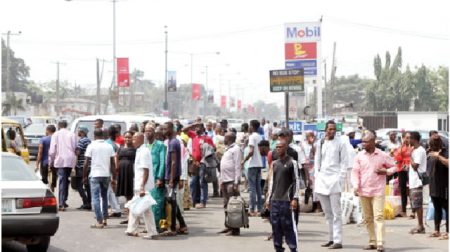The Peoples Democratic Party (PDP), one of Nigeria’s major political parties, finds itself grappling with internal discord that threatens its cohesion and future prospects. The controversy revolves around the position of the national secretary, a key administrative role within the party’s structure. Former Senate President and Chairman of the PDP Reconciliation Committee, Dr. Bukola Saraki, has highlighted the urgency of resolving this impasse, asserting that it presents a significant obstacle to holding crucial meetings like the National Executive Committee (NEC) meeting and the national convention, both essential for charting the party’s strategic direction and preparing for upcoming elections. The lingering dispute, according to Saraki, undermines the party’s ability to present a united front and effectively engage in political discourse and electoral contests.
The heart of the contention lies in the conflicting claims to the national secretary position. Despite a Supreme Court ruling in March 2025 affirming Senator Samuel Anyanwu as the legitimate holder of the office, dissenting voices within the party have perpetuated the controversy. This resistance to the court’s decision, Saraki argues, has created a stalemate that prevents the PDP from moving forward with its internal processes and addressing pressing organizational matters. The inability to convene NEC meetings, which serve as a vital platform for decision-making and strategic planning, further exacerbates the party’s internal dysfunction. Without a properly constituted NEC, the PDP struggles to formulate coherent policies, coordinate its activities, and effectively challenge its political rivals.
Saraki emphasizes the importance of adhering to the rule of law and respecting the authority of the Supreme Court. He points to a recent meeting between the PDP and the Independent National Electoral Commission (INEC), the body responsible for overseeing elections in Nigeria, where INEC affirmed its recognition of Senator Anyanwu as the party’s national secretary. This confirmation, Saraki believes, should have settled the matter definitively. However, the continued resistance from certain factions within the PDP underscores the deep divisions within the party and the challenges in enforcing internal discipline and upholding the principle of respecting legal pronouncements. The continued dispute, despite both judicial and electoral commission affirmations, highlights the internal power struggles and factional interests at play.
The prolonged controversy surrounding the national secretary position has far-reaching implications for the PDP’s overall functionality and electoral prospects. The inability to convene NEC meetings hinders the party’s ability to make timely decisions on crucial matters such as candidate selection, campaign strategies, and resource allocation. Moreover, the internal disunity projects an image of instability and ineffectiveness, potentially alienating voters and undermining the party’s credibility. To regain public trust and effectively compete in elections, the PDP must prioritize internal reconciliation and demonstrate a commitment to upholding the rule of law and respecting institutional decisions.
Saraki stresses the urgency of resolving the conflict and calls for party members to put aside personal interests and prioritize the collective good of the PDP. He appeals to the dissenting factions to accept the Supreme Court’s decision and work towards unifying the party. He emphasizes that the ongoing dispute not only damages the PDP’s internal cohesion but also weakens its position in the broader political landscape. The longer the controversy persists, the more difficult it will be for the party to effectively challenge its political opponents and present a viable alternative to the electorate.
The PDP’s internal struggle over the national secretary position serves as a cautionary tale about the dangers of factionalism and the importance of upholding the rule of law within political organizations. The party’s failure to resolve this dispute promptly and decisively has undermined its internal cohesion, hampered its ability to function effectively, and tarnished its public image. To move forward and regain its footing in the political arena, the PDP must prioritize internal reconciliation, respect legal pronouncements, and demonstrate a commitment to unity and stability. Only then can the party hope to regain public trust and effectively compete in future elections. The resolution of this internal conflict is not merely an administrative matter; it is a critical test of the PDP’s ability to govern itself and present a credible challenge to its political rivals.




